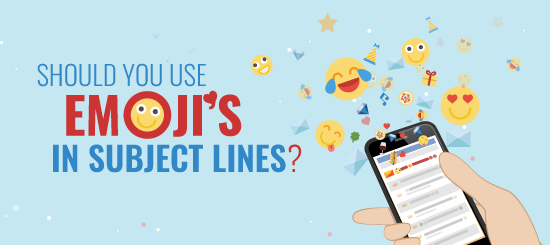With the rising use of social networking platforms such as Facebook and Twitter, we often hear about the “death of email” as a communication platform. While some arguments for this may seem compelling at first glance, a bit of investigation behind the uses of email reveals that it’s here for the long run.
It’s the Key to Your Life Online
Your email address is probably your most important tool for life online. Not only is it a unique key into a world of online services, it’s your central point of contact for important messages and notifications.
Try to create an account for an online service, and your unique identifier will most probably be your email address. It’s how websites know that you’re you.
Email is also incredibly personal. It contains and manages a lot of different aspects of our lives, including bank statements, utility bills, order confirmations, event tickets, boarding passes, hotel reservations and, of course, personal email campaigns.
It’s Universal
Anyone with an email account can send to any one of the 3.3 billion active email addresses on the internet, regardless of who’s providing the service. A Gmail user can send to Yahoo, an AOL email account can receive a message from Outlook and someone with a Campaignmaster account can send to any email address in existence. Interoperability is in email’s blood, and that’s just part of what makes it so amazing.
Move over to social networking and instant messaging apps, and you’ll see a marked difference. These platforms run on proprietary technology and as such interoperability is kept to a minimum. Most of these services are walled off from one another, sometimes as a technical limitation, but you can bet it’s mostly by design. You can’t Tweet someone a Facebook message, or receive a photo from What’s App in iMessage.
Ok, granted few of these services can talk to each other, but compared to the universal integration of email they are a long way off.
It’s Not Centrally Owned
Email is an open web standard. It isn’t centrally owned by anyone, is free to use and doesn’t come with any terms or conditions.
Ok, you have to agree to terms and conditions if you’re using someone else’s services or software (Gmail, Outlook etc..) but the actual act of sending an email from one address to another isn’t controlled or governed by anyone.
It’s Not Going Anywhere
Email was first proposed back in 1973. This makes it older than mobile phones, Walkman’s and even the internet itself. That’s some serious staying power.
Other online messaging platforms are in a constant state of flux, with different services rising and falling in popularity all the time. The most recent casualty being Windows Live Messenger.
When services close down they’ll take your data with them, so it’s probably best to leave important messages in the hands of a service that’s not going anywhere…
It’s More Secure
A boatload of web services have fallen victim to hacking attacks in recent months, including some of the big guys such as LinkedIn and Twitter, whoops!
If you’re a business with your own email server, the only people with access to your messages is you. All of your communications are safely stored on your own server, rather than at the mercy of a 3rd party messaging provider. You’re in charge of implementing your own security procedures, so you can be sure that your communications have all the protection they need. In addition to this, by storing your own messages, you’ll be much less of a target for potential hackers.









